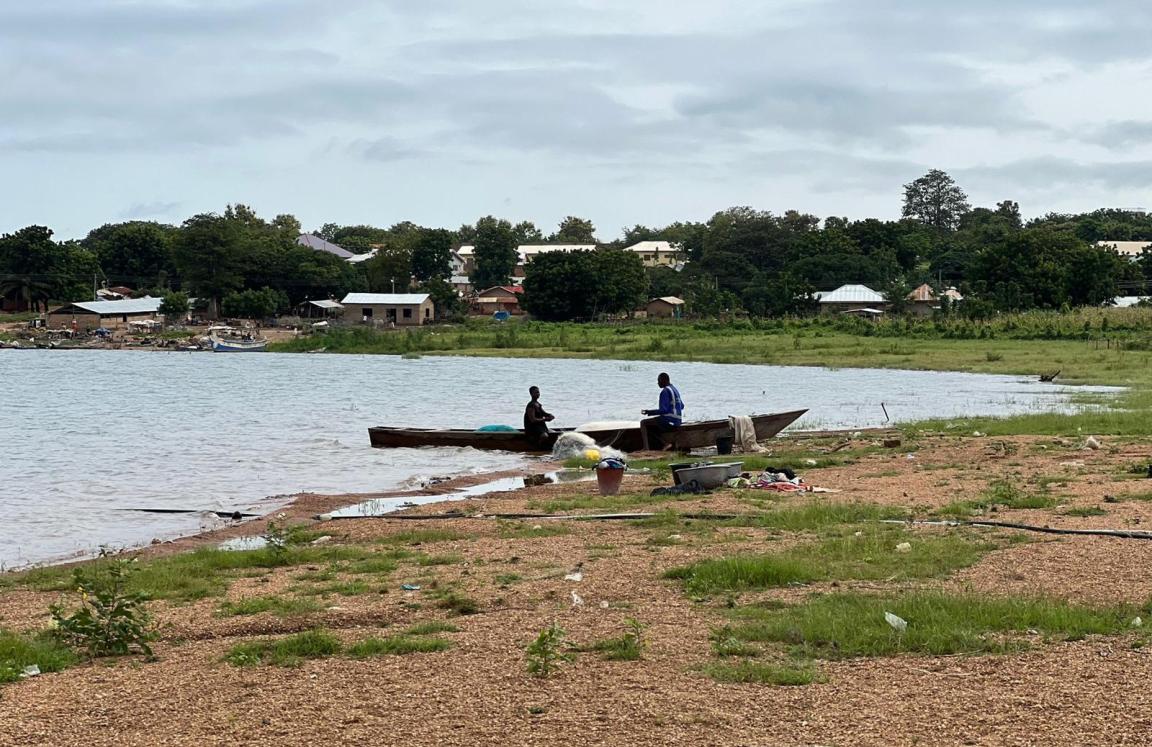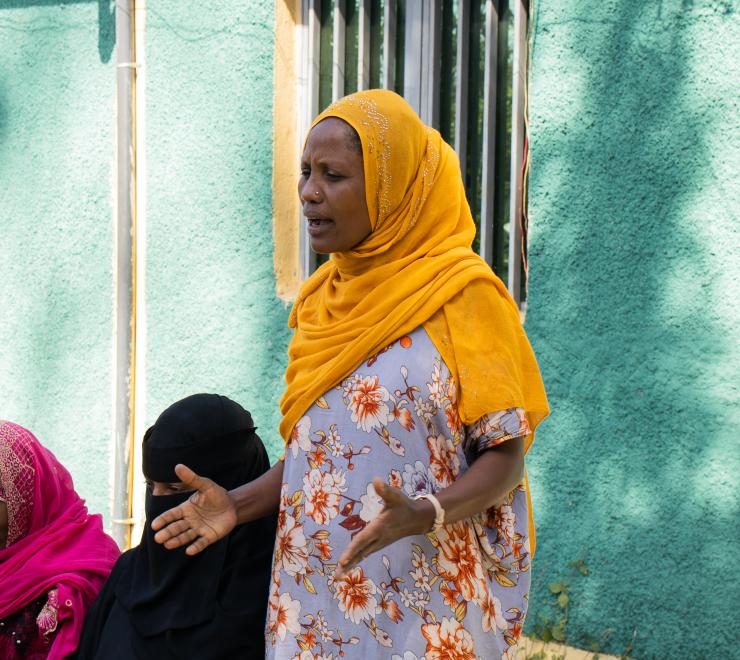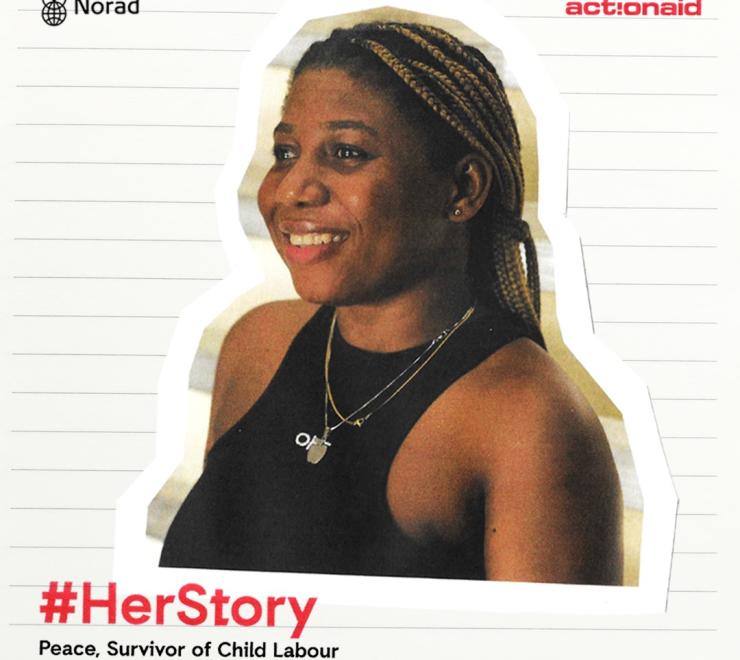
Combatting Modern Slavery
In 2021, ActionAid launched the Combatting Modern Slavery Project in Ghana and Ethiopia with support from the Norwegian Agency for Development Cooperation (NORAD). The initiative, which is set to run until December 2023, aims to contribute to a decrease in the scale and prevalence of modern slavery in both countries, by working towards 3 common objectives:
- Governments implement measures to prevent, identify and address modern slavery, and to protect and monitor vulnerable groups and victims of modern slavery.
- Businesses have implemented anti-modern slavery measures to prevent, identify and tackle the use of human trafficking and forced labour, including the worst forms of child labour, in their own operations and supply chains.
- Vulnerable individuals and groups are more capable of resisting and seeking redress on their recruitment into modern slavery.
The most recent ILO report suggests that modern slavery is on the increase, with an estimated 50 million people worldwide living in various forms of modern slavery including forced labour and marriage. In addition to being illegal, modern slavery is also highly profitable; in 2017 the ILO estimated that forced labour in the private sector was generating around US$150bn per year.
Intervention areas
In Ghana, the project is working in 12 districts across the country, with a particular focus on the agribusiness sector, whilst in Ethiopia, the project’s focus also includes domestic work and the service sector in Amhara, Southern Nations, Nationalities and Peoples’ Region (SNNPR) and Addis Ababa. Both countries are working to prevent the different forms of modern slavery including human trafficking, forced labour and the worst forms of child labour. Given their comparative vulnerability to the various forms of modern slavery, the project’s efforts primarily target women and children.
Partnerships
ActionAid’s approach prioritises the building of movements of solidarity through partnerships.
In Ghana, the main implementing partner is the Ghana Agricultural Workers’ Union. In Ethiopia, ActionAid is working alongside a number of organisations including the Consortium of Ethiopian Human Rights Organisations, the Ethiopian Human Rights Council, Ethiopian Labour Rights Watch, the Emmanuel Development Association, Population Environment and Health as well as the Union of Women and Children Association and Integrated Family Service Organisation.
At the global level, the project’s advocacy and campaigning dimension is led by ActionAid International in collaboration with strategic partners including the Feminists for a Binding Treaty and the C190 Campaign Alliance.
By creating strong alliances between like-minded organisations and linking local to national and global work, the project aims to maximise its reach and impact, especially as it pushes for the ratification of measures aimed at protecting rights to decent work, free of harassment, violence and corporate abuse.
Approaches
Across all levels, the work being carried out by the teams includes a combination of research and evidence gathering to inform advocacy and campaigning.
It also involves the provision of training for government authorities, business representatives, community leaders and workers as well as work with the media to raise awareness of modern slavery and how to prevent it.
Importantly, the project also includes a range of direct support to the survivors of modern slavery and those vulnerable to recruitment, including repatriation of trafficked persons, provision of legal and psychosocial support and access alternative forms of income generation.

People before Profit: why urgent action is needed to hold businesses accountable for respecting human rights
